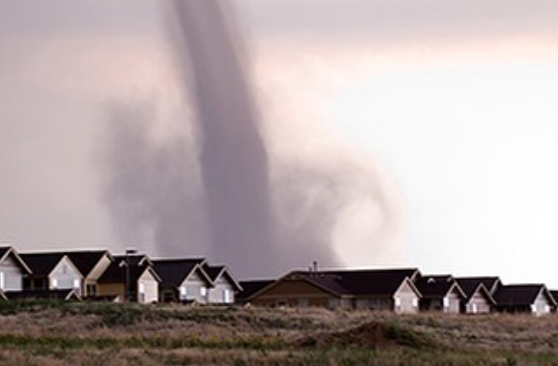Sarasota Insurance Agency >> blog

A tornado is a tube of spinning air that forms from a thunderstorm and touches the ground. Tornadoes are dangerous. They can knock down buildings, uproot trees, move vehicles and destroy things in their path. Heavy rains, lightning, flash flooding and hail are possible. Tornadoes can happen anywhere. Prepare now so you can stay safe.
A tornado WATCH means tornadoes are possible in and near your area. Be ready to act fast!
A tornado WARNING means Take Action! A tornado is near. There is danger. Move to safe location right away.
When a tornado occurs, the Red Cross provides shelter, food and comfort.
2023-11-14 10:24:10